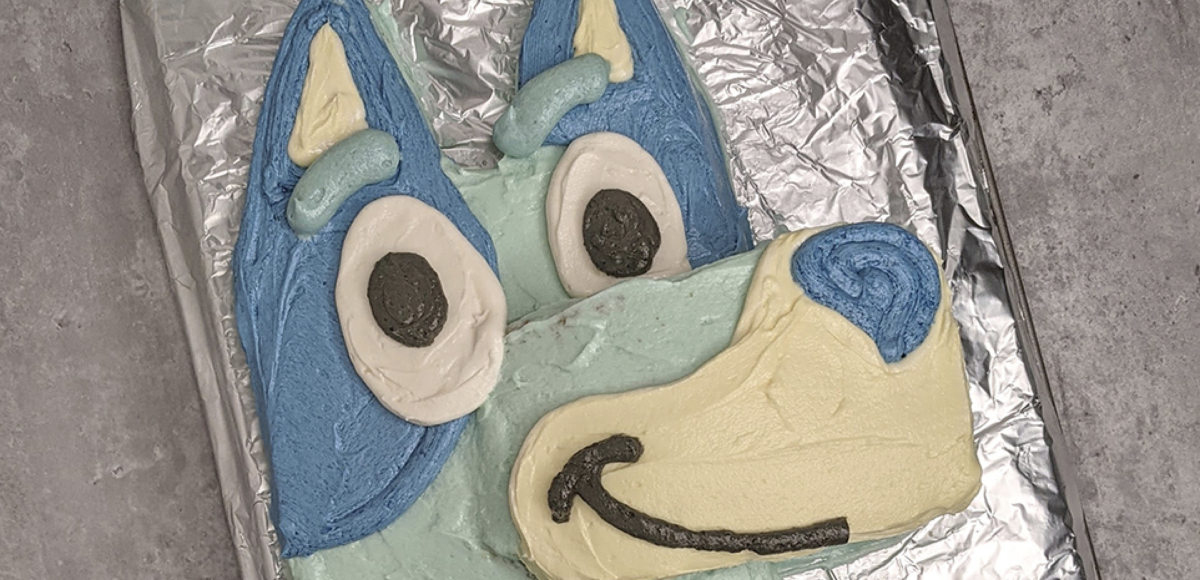This post may contain affiliate links. Every link is hand-selected by our team, and it isn’t dependent on receiving a commission. You can view our full policy here.
Sometimes you need a book that guts you, that acts like a soul excavation, making you rethink what you believe about yourself and what you can do. Yes, I know how melodramatic that sounds, but something cracked open in me when I picked up Erwin McManus’s latest book, The Last Arrow. It’s a tome devoted to sucking the marrow out of life; doing everything you can, while you can.
At first, that can sound like a recipe for exhaustion (and, truth be told, in some cases it is), but it’s a powerful reminder to take an active role in your life. What hooked me, after spending two trips — and several hours — wandering Barnes & Noble, was the straightforward intro: McManus is dying. But so are you.

The Mosaic pastor explains that he’s been diagnosed with cancer, and while going through treatment, came across those words while proofreading his manuscript for the book. In light of his diagnosis, they rang all too true — and reinforced his message. That’s the drumbeat of this book.
McManus walks you through his philosophy — of throwing your whole self into the projects that fuel you and improve the world around you, not leaving “anything for the next life,” as he puts it — chapter by chapter. First, he explains where he’s coming from, and how reuniting with the father that abandoned his family as a teen shaped his life. His father met McManus’s son for the first time, when his son was 15, and his father’s words were callous:
“I don’t know what your dad has told you, but he was average. He was just average. His brother was exceptional, but your dad, he was just average.”
Can you imagine your parents saying that? Those were the last words McManus ever heard his father say (he died not long after), and they tapped into his greatest insecurity about himself: that he wasn’t good enough. Imagine how broken his father must have been to purposefully say something like that, after years of being disconnected. McManus acknowledges that, but also acknowledges the very real pain he felt — and how, in defiance of that statement, caused him to dig deeper and push beyond “average.”

“I do not believe that anyone is born average, but I do believe that many of us choose to live a life of mediocrity,” he writes. “I walked away from [my dad’s] house that day with a clear resolve that although I have no control over whatever talent has been placed inside of me — no control over the level of my intelligence or whatever other advantages or disadvantages my genetic composition might have brought me — I will take absolute control over my personal responsibility to develop and maximize whatever potential God has given me for the good of others.”
From there on, McManus talks about the power of “setting your past on fire,” specifically the painful baggage you carry around that weighs you down; choosing to take the risk of a new opportunity, even if it means failure or humiliation (at least you’re experiencing life, right?!); and finding your “proofs of life.”

That last part may sound confusing, but essentially, it’s asking yourself — and if you can’t answer it, asking those closest to you — what are three things that show to the world you’re really, truly living? It delves beyond punching in at work and catching the latest episode of Mr. Robot. How are you using your talents to fulfill and enrich other people’s lives? How are you making the lives of those you love most better?
Unlike most self-help books, the point of this story isn’t about all about you. It’s about your connection to the world, and your impact within it.
BUY IT NOW: The Last Arrow, $15; Amazon
This post contains affiliate links, which help fund the operation of this site.
Top photo by Simon Migaj on Unsplash




